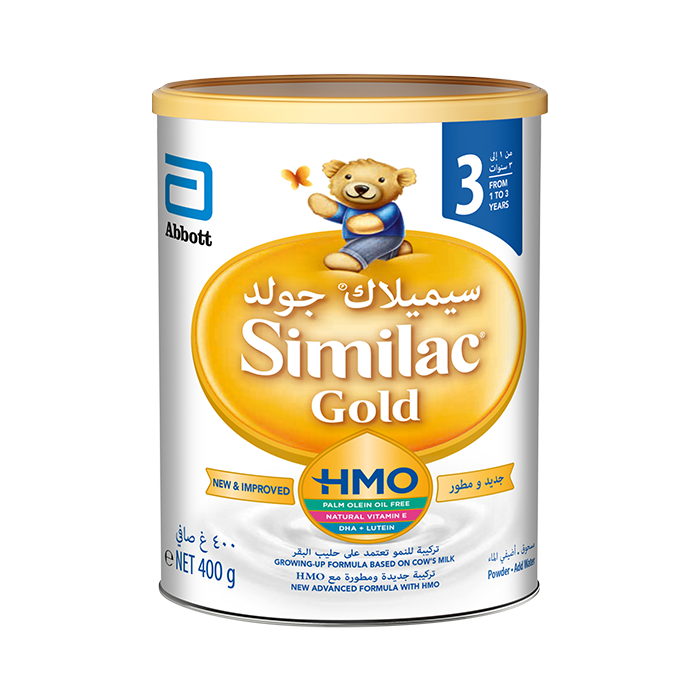Similac® Gold 3
- Main Image
-

- Subtitle
- Follow-On Formula Milk - From 1 To 3 Years Old
- Title
- Similac® Gold 3
- Detail Page Path
Explains the signs of constipation and diarrhea in babies, helping parents identify these common issues early.
Provides safe and effective home remedies for relieving constipation and diarrhea in infants.
Advises on symptoms that require professional medical attention to ensure proper care and treatment.
Your baby’s feelings of discomfort might depend on whether his or her digestive system is okay. That said, infant stool varies from baby to baby, day to day. Stools can be yellow, green, or brown, with consistency from applesauce to play dough, and still be considered normal. However, you need to be able to detect abnormalities to take action for your baby’s health.
Baby constipation
Several factors can lead to your baby becoming constipated, having difficulty passing stool, passing stool that is hard and dry, or having bowel movements less frequently than usual:
What can you do to ease your baby’s constipation?
Exercise the legs to break up the hardened stools in her bowels, or gently massage her stomach if symptoms continue. Do not give your baby over-the-counter stool softeners unless advised by your paediatrician or healthcare professional.
Baby diarrhea
When your baby’s stool suddenly becomes more watery and frequent than normal, she might have diarrhoea caused by an infection, or an inability to properly digest certain nutrients in her food.
When should you sound the alarm?
If the diarrhoea becomes excessive in frequency or volume, or if you notice any of the following symptoms, call your paediatrician or healthcare professional:
If baby constipation or diarrhoea continues or worsens, talk to your healthcare professional.

ANI-JOR-PN-2024-4459
You are about to exit for another Abbott country or region specific website.
Please be aware that the website you have requested is intended for the residents of a particular country or region, as noted on that site. As a result, the site may contain information on pharmaceuticals, medical devices and other products or uses of those products that are not approved in other countries or regions.
The website you have requested also may not be optimized for your specific screen size.
Do you wish to continue and exit this website?
Stay Connected